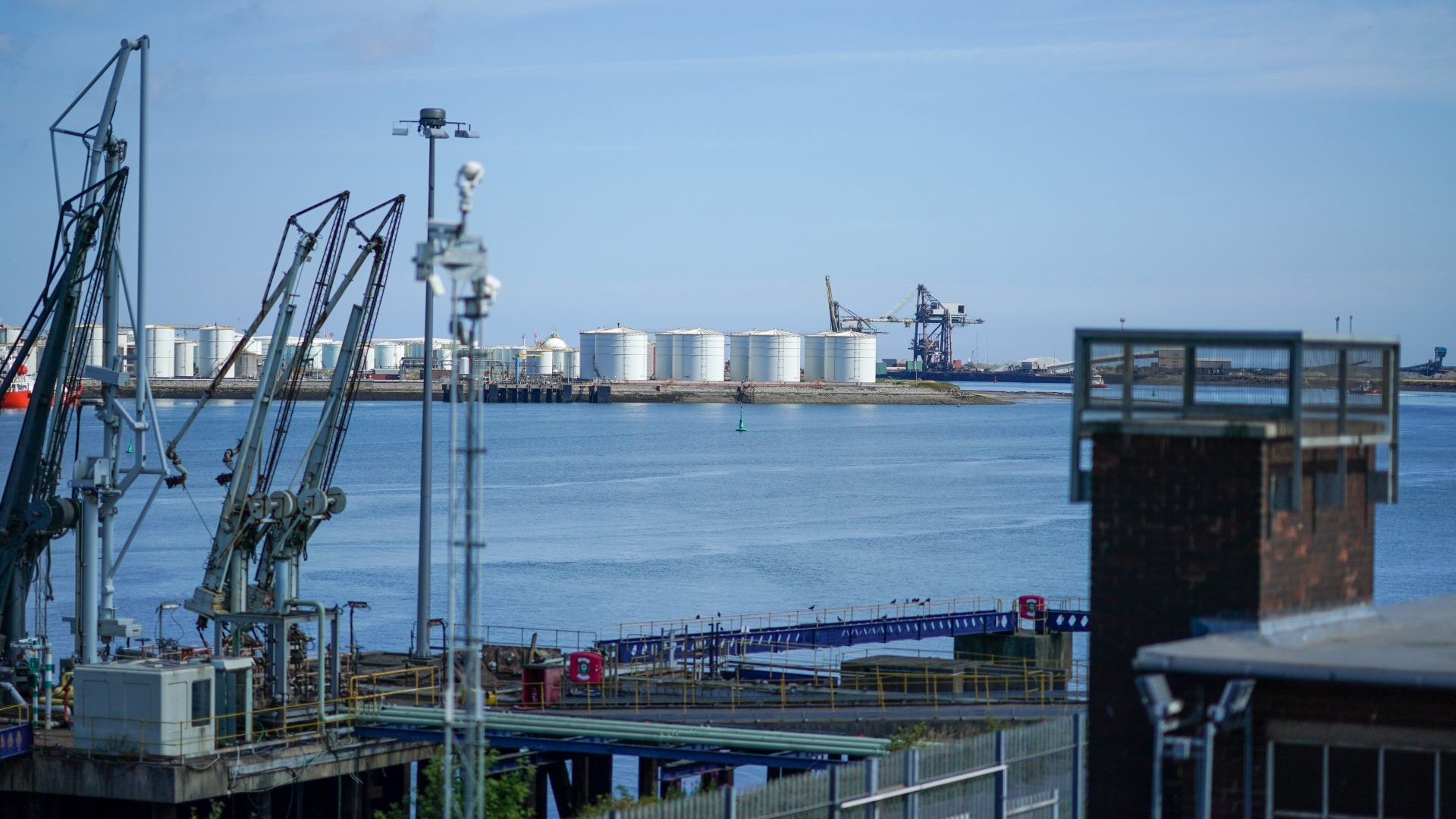“Brexit benefits are powering our renaissance,” roared the Daily Express this week. “Tens of thousand [sic] new jobs to be created.”
Slapping an ‘exclusive’ on its scoop, the paper breathlessly reported that “a top Tory” had said tens of thousands of jobs were being created in some of Britain’s most deprived areas, “showing Brexit benefits are being delivered”.
It was stirring, emotive, overwhelmingly positive news – and, like so much of the output of the Daily Express, utter drivel.
The “top Tory” in question was Simon Clarke, billed as a “former levelling up secretary”, which he was, for the entirety of Liz Truss’ 49-day reign as prime minister, since when he has languished on the backbenches. He told the paper: “Freeports – an idea championed by the prime minister when he was a new MP, and seized on by Boris Johnson to help levelling up – are special areas benefiting from lower taxes, customs incentives and simpler planning rules, as well as trade and investment support.
“They weren’t possible in any meaningful way in the EU customs union, and are a brilliant example of how divergence from the EU can turbocharge growth where we need it most.”
Except that is not true. There are freeports, essentially free-trade zones where the import taxes and tariffs of the host country do not apply, in the EU. Several dozen of them, in fact. Here’s a list of them. Indeed, there were freeports in the UK as part of the EU until 2012 when the coalition government allowed the legislation to establish them to expire because all they do is move economic activity from places where it can be taxed to places – the freeports – where it can’t.
Indeed, Simon Clarke knows that there were freeports in the UK as part of the EU because in October 2018 he was one of two MPs – along with Labour’s Frank Field – to hold a debate on them in Westminster Hall. The debate pack which accompanied it says: “Seven freeports operated in the UK at various points between 1984 and 2012. In July 2012, the Statutory Instruments that set up the remaining five freeports (Liverpool, Southampton, Port of Tilbury, Port of Sheerness and Prestwick Airport) expired”. (The same debate pack also states, starkly: “Freeports are permitted in the EU – there are currently 83 operating”.)
Are the new freeports going to “power our renaissance”, as the Express claims? The jury, to put it kindly, is out. Freeports have long been championed by the Tory right. The rhetoric is all about boosting manufacturing and jobs, with advocates claiming that the low-tax, low regulation environment in the zones will encourage foreign investment as global companies can incorporate manufacturing facilities at a low cost and greater convenience into their supply chains.
However, these claims have been seen as overly optimistic at best. A report by newbie MP and longtime advocate Rishi Sunak in 2016 claimed freeports could create as many as 86,000 jobs for the British economy. Those numbers, however, were simply based on a calculation involving the number of jobs in freeports in the US, adjusted for the size of the UK workforce. They don’t appear to take into account UK conditions or the type of freeport that might be created, and there is no guarantee that they will be realised. In fact, they could simply deprive other regions of jobs – other regions in which manufacturing and jobs are generating tax.
Indeed, that is the biggest criticism of freeports – that any jobs or increased economic activity within them is likely to come at the expense of other regions in the UK. The economic impact is negligible at best.
In addition, international evidence suggests that freeports have also become increasingly attractive in the wake of global government crackdowns on bank secrecy and tax evasion. Cambridge professor Catherine Barnard wrote in a study with postdoctoral researcher Emilija Leinarte that freeports “provide a soil for misuse of competitive advantages and attract money laundering and tax avoidance activities” and “since regulation in free zones is low, they may result in reduction in workers’ rights and standards”. There has also been a swathe of reports in recent years from organisations such as the World Bank and the UN, all pointing the finger at the risks posed by freeports. There has been more regulation in the interim, but loopholes remain.
The ultimate conclusion is that the new freeport creation is more like damage limitation from the fallout of an unnecessary and harmful Brexit rather than a great new hope for the economy. It could effectively be seen as creating tax haven-style conditions for a handful of places in order to make up for the privileges lost to the entire country because of leaving the EU.
Still, the Daily Express laps it up. It ends its report with a quote from Simon Clarke: “All this is cause for pride and confidence. Many of us feel worn down by the pandemic and Putin’s war. But we can also see better times ahead. Brexit Britain’s future is bright.”
It is, like the rest of it, utter tosh.











